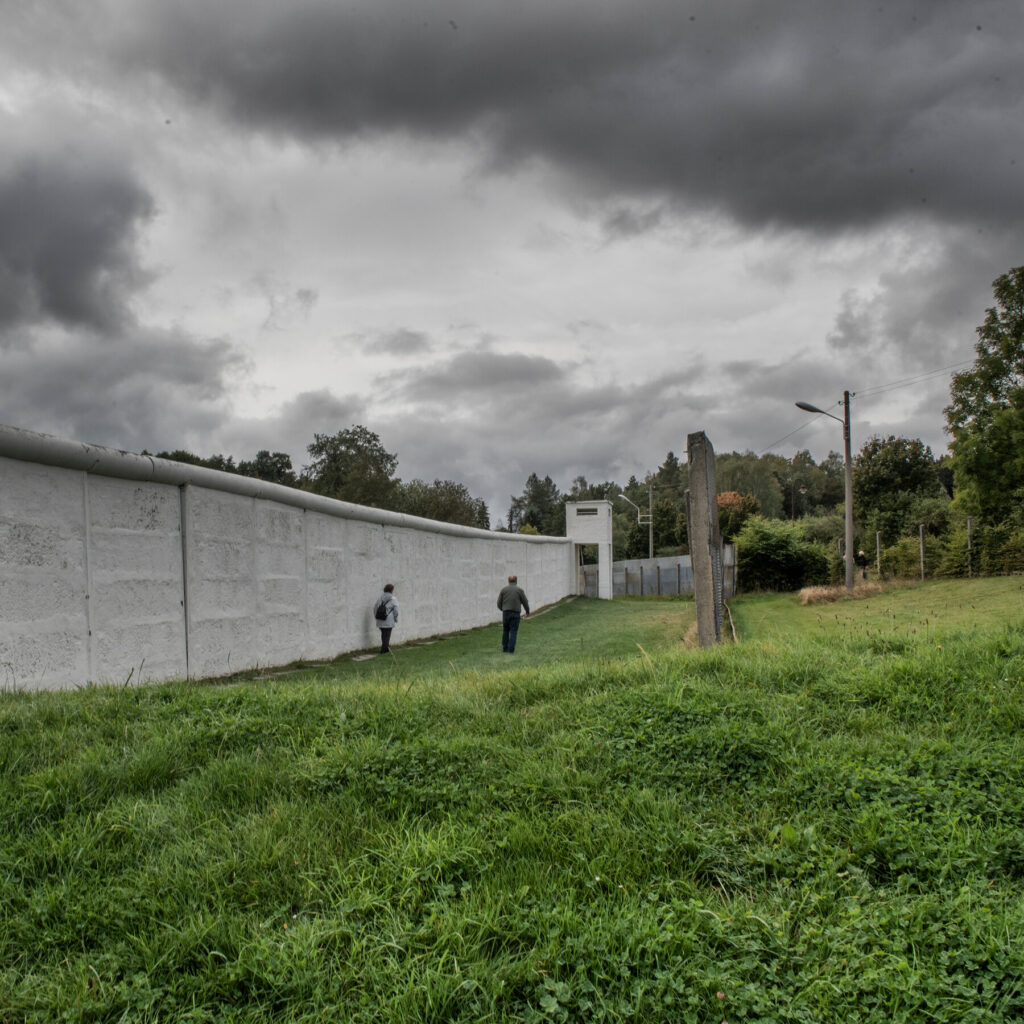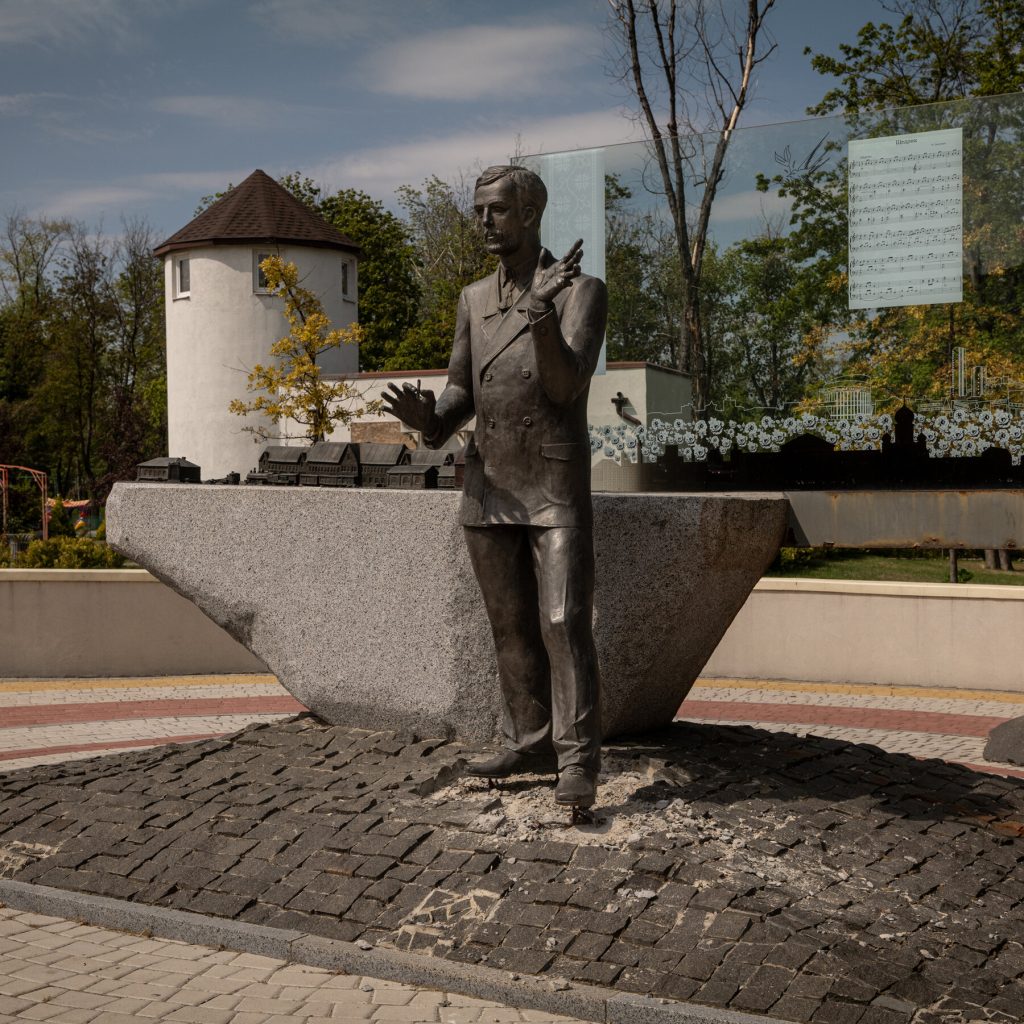Why Germany Remains Divided Over Russia

Despite being a unified country for more than three decades, Germany still shows a pronounced split in how its citizens view Russia, especially when comparing the attitudes of the eastern and western parts of the nation. This divergence can be traced back to the historical relationship between East Germany—the former German Democratic Republic (GDR)—and the Soviet Union, a bond that has left a lasting imprint on the political and social fabric of the region.
In the aftermath of World War II, East Germany fell under Soviet influence and became a key component of the Eastern Bloc. During the Cold War, the GDR and the USSR forged strong political, economic, and cultural connections. Families were linked across borders, and there were extensive exchanges in education, tourism, and trade. These interactions cultivated a sense of familiarity and, for many, a degree of sympathy toward Moscow.
When Germany reunified in 1990, the promise of equal prosperity proved elusive for many in the east. The former East German states faced higher unemployment, slower economic growth, and a perception of being left behind by the more affluent western Länder. This economic and social disillusionment has, for some, made Russian narratives more appealing and fostered skepticism toward Western or American policies.
Conversely, West Germans—who had lived under the Federal Republic of Germany (FRG) and its alignment with NATO and the European Union—have traditionally been more attuned to Western political and economic values. Their view of Russia is often filtered through the lens of EU and NATO security concerns, leading to a more cautious or critical stance.
Today, these historical and cultural legacies continue to shape public opinion across Germany. While opinions are diverse and evolving, the east‑west divide remains a significant factor in how Germans perceive Moscow. Understanding this complex backdrop is essential for grasping why, even after decades of unity, Germany’s attitudes toward Russia remain markedly split.





